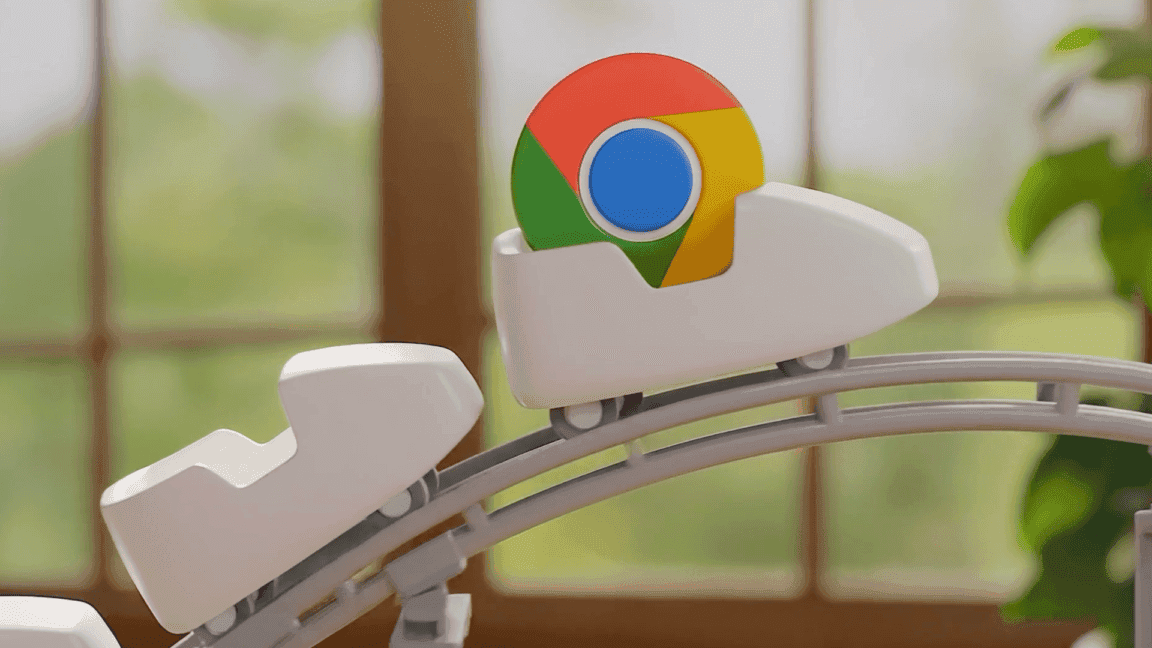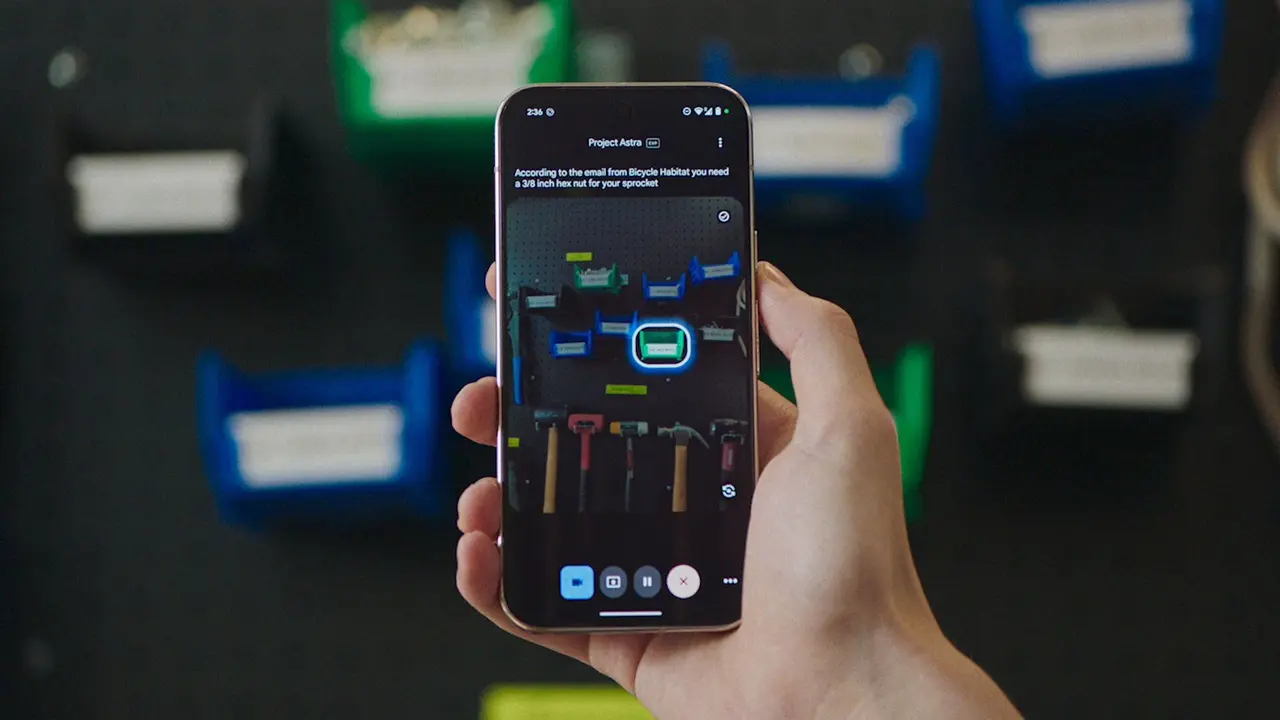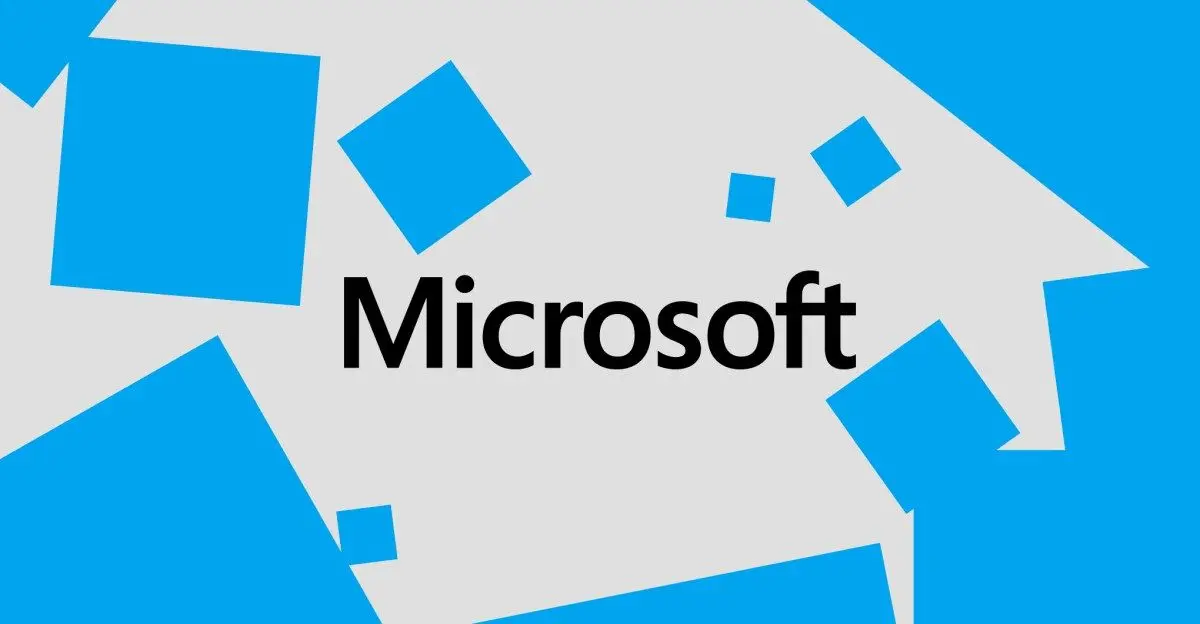Android 15 Release: New Features and Rollout Details
3 Sources
3 Sources
[1]
Android 15 launches today -- here's all the new features coming to your phone
Since Google released the Pixel 9 running Android 14, we've been wondering what the heck was going on with Android 15. But despite rumors that the new OS wouldn't be ready until October, Google has confirmed that Android 15 is finally ready and is being released today. This doesn't mean you can go out and download Android 15 right now. It doesn't work like that. What this means is that Android 15 is ready, and has been released to the Android Open Source Project. According to Google, the first phones to get the update are "supported Pixel devices in the coming weeks". So there's no set timetable, but it's no surprise that Pixel phones are at the front of the line -- that's a big reason why people buy them, after all. It's unclear in what order Pixel phones will get the update, but presumably, Google will be rolling out from newest to oldest. So, the Pixel 9 series should be the first to get Android 15, while the Pixel 6 series will likely be the last. Other phones mentioned in Google's announcement come from the likes of Samsung, Honor, iQOO, Motorola, Nothing, OnePlus, Oppo, realme, Sharp, Sony, Tecno, vivo, and Xiaomi. These phones should get an Android 15 update "in the coming months." How long it takes will depend on the phone makers and how proactive they are at adapting Android software for their devices. Samsung has sped up this process a lot over the past few years, and we can expect it to be one of the first big phone makers to release Android 15 -- likely as part of the OneUI 7 update. On the surface, Android 15 doesn't look like a particularly exciting update. Still, it seems that Google has done a lot of work behind the scenes to make Android 15 a better experience for users and developers alike. Those updates include upgrades to typography and non-Roman fonts and alphabets, as well as updates that let developers give users a better camera experience. That means there are improvements to low-light photography, the option to adjust camera flash strength, better MIDI app support and more. Google's also just announced native earthquake detection for Android 15 users in the U.S., the ability to search for song audio with Circle to Search, AI enhancements for Android's screen reader TalkBack, while Chrome will be able to read web pages for you to save you from having to read them yourself. Privacy is taking center stage with Android 15 as well, with the addition of a number of different features to keep your data safe and secure. Private space lets you hide and secure apps that may have sensitive information -- or stuff you straight-up don't want anyone else to see. Single-tap passkey support is also coming to autofill, while app developers will be able to detect better when they're being recorded. Then there's Theft Detection Lock, which locks your phone down if someone snatches it from your hand, and real-time fraud protection that lets Google Play Protect detect when malicious apps might misuse device permissions for their own nefarious purposes. On top of that, Google has added a few quality-of-life upgrades like better large-screen multitasking, edge-to-edge display support by default, more AR content in Google Maps and the ability to add passes and tickets to Google Wallet from a photo. If you already have a device running Android 14, there's not much you need to do except wait. Make sure automatic updates are switched on in the settings menu. Pixel owners will be notified when Android 15 is available, and all they need to do is set the update to install immediately or overnight. If you're already using the Android 15 beta, things get a little tricky if you want to transition to the public version of Android 15. You ignore any prompts to update your phone until Android 15 has started rolling out and install the stable version of Android 15. Then, you can opt out of the beta on the Android 15 beta website without having to factory reset your device. Alternatively, you can also reset your device so that it's running Android 14 and restore all your files and data from a backup. Just make sure to back everything up first.
[2]
Android 15 is Finally Out, But You Can't Download It Yet
We've been awaiting the arrival of Android 15 all year. Finally, as we enter the last quarter of the year, the final version of Android 15 is finally out. Google has finally released the stable version of Android 15 to the Android Open Source Project (AOSP), which means that the source code is available for anyone to look through and port to their devices. Android 15 has many new features focused on privacy, boosted performance, and an overall improved usability, particularly for large-screen devices like tablets and foldables. A lot of changes in Android 15 are under the hood and might not be something you notice. For example, the update has several improvements for app developers, including new APIs and insights to better understand app performance and behavior. These tools enable developers to further fine-tune their apps, leading to smoother and more functional apps across a wider range of devices. The update also delivers enhanced camera and media capabilities. Notable additions include HDR headroom control, intelligent audio adjustments, and Low Light Boost for improved image previews and QR code scanning in low-light conditions. New UX changes include a new taskbar pinning feature and the ability to save favorite split-screen combinations, which will certainly improve multitasking on large screens. Other features include private space, which allows you to isolate sensitive apps behind an additional layer of authentication. There are also some other features that are coming to folks now, but aren't necessarily tied to Android 15. For one, you can now look up music with Circle to Search, and TalkBack, Android's screen reader for people with impaired visibility, is getting an AI boost and the ability to describe images in-screen to users. The latter will certainly make the feature much, much easier to use. Google is also expanding support for Android's Earthquake Alerts System to the entire United States -- it will provide you with a warning, as well as life-saving advice, as soon as earthquakes are detected and before you even feel the ground shake. Android's earthquake detection has been a helpful early warning system in the past, so it's great to see it expand to mor people. It should be noted that this update is being released to the AOSP but that doesn't necessarily mean that you can now download it to your phone. It just means that the update is now fully open-source, but it's up to OEMs to work with the code that Google provided. This can take days, weeks, or months, depending on what OEM we are talking about. Samsung, for one, usually takes a couple of months in bring-up work for its own new major Android update before rolling it out, first to its newest S-series flagships and then to its other phones. Currently, stable Android 15 is not available to download on any phone. Typically, new Pixel phones are always one of the first, if not the very first, phones to come with the new operating system out of the box. This year, however, the new Google Pixel 9 series came out of the box with Android 14, just like the Pixel 8 series did. It made sense this time around, since the update wasn't released, but it also means that Pixel 9 users will need to wait a while for the update to come out. Google hasn't clarified when Pixel phones will get the update, but it's probably just a few weeks away. For other phones, keep an eye out for announcements from your phone's manufacteror to know when you'll get the update. Source: Google (1, 2)
[3]
Android 15 is heading to Pixels in the 'coming weeks' - as Google reveals 4 new Android features to try while you wait
The Pixel 9 will be one of the first phones in line for Android 15 (Image credit: Philip Berne / Future) Google has announced that the final version of Android 15 has been pushed out to the Android Open Source Project (AOSP) - that's where developers and manufacturers can pick up the code, and adapt their apps and Android releases accordingly. It's an important step towards a public release, but we're not quite there yet. Google says Pixel phones like the Google Pixel 9 will get the update "in the coming weeks" (most likely October), while phones from other manufacturers (such as the Samsung Galaxy S24) will be getting Android 15 "in the coming months." Google's announcement post highlights some of the new features we heard about at Google I/O 2024 back in May: a Private Space for your most important apps, better support for multitasking on large screens, improved battery life, and a low light boost for the camera that makes it easier to see what's in the frame before you take a shot. Now it's up to Google, Samsung, OnePlus, and the rest to add their own tweaks and flourishes to Android 15 before it's pushed out to users. For Pixel phone and tablet users, that could well include new screensavers and avatar options. While the wait for Android 15 continues, Google has also pushed out four new Android updates. Google hasn't specified which versions of Android these are for, so we're assuming that means they'll work on most modern phones and tablets running Android. Google has been experimenting with using Android phones as earthquake detectors for years, but now the feature is expanding across the whole of the US, which means a lot more people can get an important heads up about seismic activity. Google has posted a dedicated blog post about the feature, which explains more about how it works. Of course, AI is involved too: Android includes a TalkBack screen reader to describe images for those with visual impairments, and those descriptions are now going to be powered by Gemini AI. That should mean more detailed information about what's on screen, whether it's pictures in a chat thread, on a shopping website, or in a phone's camera roll. As previously rumored, Circle to Search is getting the ability to identify songs. If it's available on your phone, you can activate Circle to Search with a long press on the home button or navigation bar, then tap the music button to identify a song - whether the song is playing somewhere around you or in an app currently running on the phone screen. This is something we've previously seen tested, but it's now officially available for everyone: in Chrome for Android, you can tap the three dots in the top-right corner of a browser tab, then choose Listen to this page to have it read out to you. You even get some simple, podcast-style playback controls (including speed control), and a choice of voices.
Share
Share
Copy Link
Google has officially released Android 15, bringing a host of new features and improvements to Android devices. The update is set to roll out gradually, starting with Pixel phones and eventually reaching other compatible devices.

Android 15 Official Release
Google has officially launched Android 15, the latest version of its mobile operating system. This update brings a slew of new features and improvements aimed at enhancing user experience, privacy, and device functionality
1
.Rollout Schedule
The rollout of Android 15 is set to begin with Google's own Pixel devices. Owners of Pixel phones can expect to receive the update in the coming weeks. Following the initial release, other Android device manufacturers will gradually make the update available to their users, with the process potentially extending into 2024 for some devices
2
.Key New Features
Android 15 introduces several notable features:
-
Partial Screen Recording: Users can now record specific app windows instead of the entire screen, offering more privacy and control over shared content
1
. -
Enhanced Privacy Controls: The update includes new permissions for photos and videos, allowing users to grant apps access to specific media files rather than their entire library
2
. -
Improved Accessibility: A new reading mode has been added to make text easier to read, particularly beneficial for users with visual impairments
1
. -
Advanced Camera Controls: The update brings more granular camera controls, including manual focus and exposure adjustments
3
. -
Health Connect Integration: Android 15 incorporates Health Connect as a system-level feature, allowing for better integration of health and fitness data across apps
2
.
Related Stories
Interim Features
While users wait for the full Android 15 update, Google has announced four new features that will be available on many Android phones in the meantime:
-
Emoji Wallpaper Creator: This tool allows users to create custom wallpapers using their favorite emojis
3
. -
Assistant At a Glance: An enhanced version of the At a Glance widget, providing more relevant information based on context
3
. -
Lookout Image Q&A: An accessibility feature that uses AI to answer questions about images for visually impaired users
3
. -
Android Auto Improvements: Including better support for electric vehicle charging stations and enhanced messaging capabilities
3
.
Device Compatibility
While Pixel phones will be the first to receive Android 15, the update will eventually reach a wide range of Android devices. However, older models may not be compatible with the new OS. Users are advised to check their device manufacturer's update schedule for specific information on when they can expect to receive Android 15
2
.As with previous major Android updates, the rollout of Android 15 is expected to be gradual, ensuring stability and addressing any potential issues before reaching a wider user base. This approach allows Google and device manufacturers to fine-tune the update for optimal performance across various hardware configurations.
References
Summarized by
Navi
[2]
Related Stories
Recent Highlights
1
Elon Musk merges SpaceX with xAI, plans 1 million satellites to power orbital data centers
Business and Economy

2
SpaceX files to launch 1 million satellites as orbital data centers for AI computing power
Technology

3
Google Chrome AI launches Auto Browse agent to handle tedious web tasks autonomously
Technology








